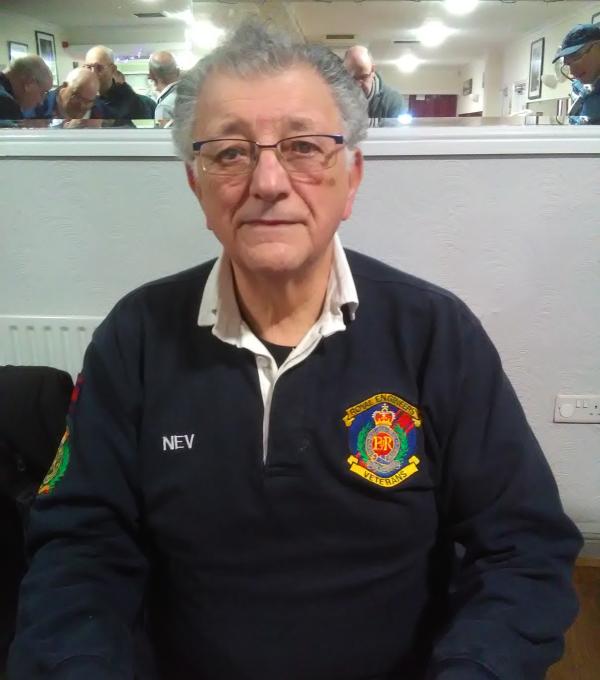About
Armed Forces & Veterans Breakfast Clubs Welfare Aims.
Armed Forces & Veterans Breakfast Clubs (AFVBCs) are informal, community-based organisations that provide a supportive and welcoming environment for veterans of the armed forces. These clubs aim to address the welfare needs of veterans through a variety of activities and initiatives. The welfare aims of AFVBCs include:
- Social Connection: AFVBCs seek to alleviate feelings of isolation and provide veterans with a sense of belonging. They offer a social setting where veterans can meet, bond, and share their military experiences, fostering camaraderie and a sense of unity.
- Peer Support: These clubs encourage open and non-judgmental discussions among veterans about their experiences, challenges, and concerns. Peer support is an essential element in helping veterans cope with the unique issues they may face, such as post-traumatic stress disorder (PTSD) and the transition to civilian life.
- Mental Health and Well-being: AFVBCs recognise the importance of mental health for veterans and work to create an atmosphere where veterans can discuss mental health issues openly. They may also provide information about mental health resources and encourage veterans to seek professional assistance if needed.
- Assistance with Benefits and Services: Many veterans are entitled to various benefits and services from government agencies and non-profit organizations. AFVBCs often help veterans understand and navigate these systems, ensuring they receive the support they are entitled to, such as healthcare, disability compensation, and educational benefits.
- Information Sharing: These clubs serve as a valuable source of information, sharing updates on resources, events, and opportunities that are relevant to veterans. This may include job fairs, educational programs, legal assistance, and other pertinent information.
- Charitable Activities: Some AFVBCs engage in fundraising and charitable activities to support veterans in need. They may raise funds to assist veterans experiencing financial hardship or donate to local veterans' charities.
- Community Engagement: AFVBCs aim to connect with their local communities and create awareness about veterans' needs and contributions. Engaging with the public helps bridge the gap between veterans and non-veterans and build a supportive network.
- Advocacy: In some cases, AFVBCs may help towards advocate for policy changes or improvements related to veterans' issues. They may work with local or national organisations to raise awareness and address the challenges faced by veterans.
It's important to understand that the specific welfare aims and activities of each Armed Forces & Veterans Breakfast Club can vary based on the club's location, leadership, and the needs and preferences of its members. These clubs play a vital role in providing support and a sense of community to veterans while also contributing to the overall well-being and integration of veterans into civilian life, these clubs are run with the welfare of veterans as their number one priority, making sure veterans are signposted to the right help which meets their requirements and needs.
Armed Forces & Veterans Breakfast Clubs.
We are in no way associated with any other organisation with a similar name. We have not and will not carry any orders which have been placed with other organisations. Their suppliers have their own reasons for refusing to provide a service to them, and that is and has nothing to do with this organsation (Company No. 11161286).
What is a C.I.C?
A Community Interest Company (CIC) is a type of company introduced by the United Kingdom government in 2005 under the Companies (Audit, Investigations and Community Enterprise) Act 2004, designed for social enterprises that want to use their profits and assets for the public good.
A community interest company is a business with primarily social objectives whose surpluses are principally reinvested for that purpose in the business or in the community, rather than being driven by the need to maximise profit for shareholders and owners.
CIC's tackle a wide range of social and environmental issues and operate in all parts of the economy. By using business solutions to achieve public good, it is believed that CIC's have a distinct and valuable role to play in helping create a strong, sustainable, and socially inclusive economy.








